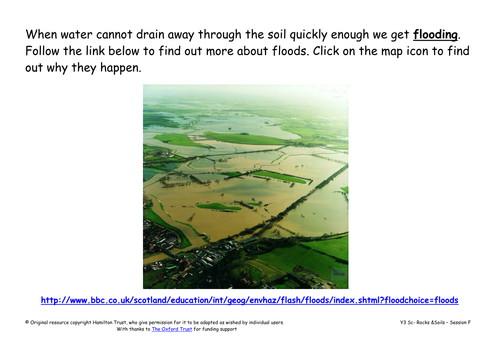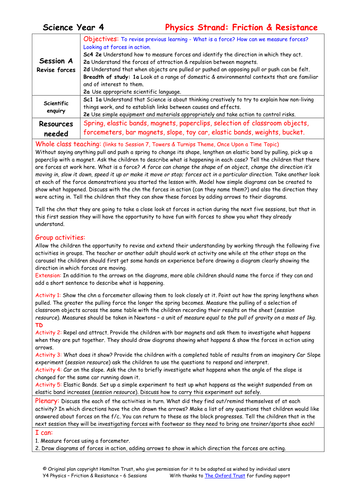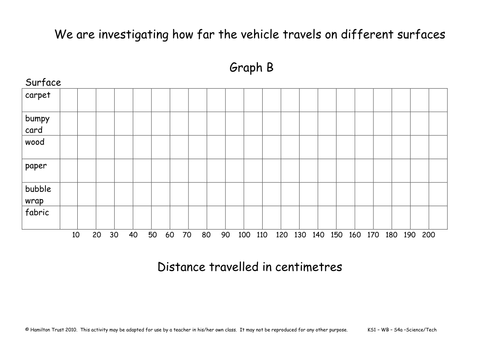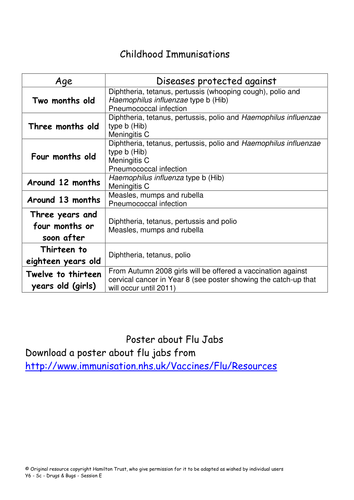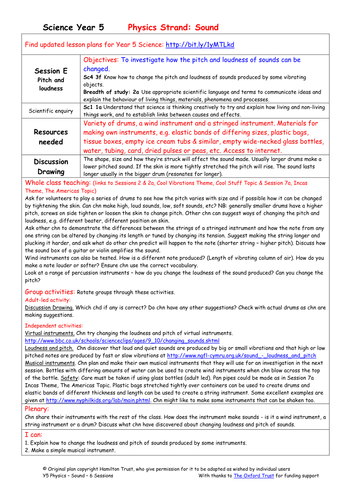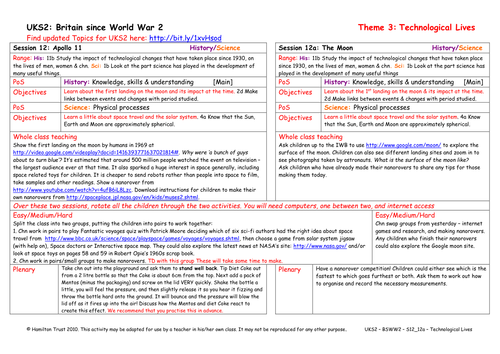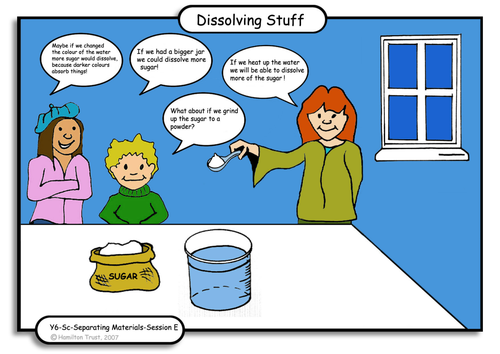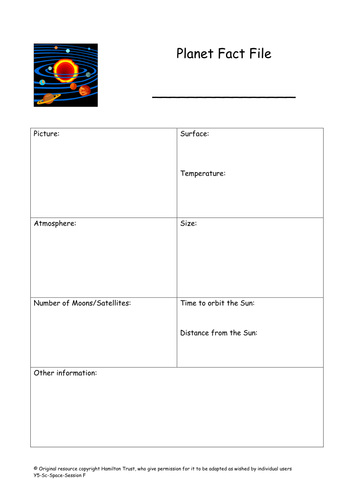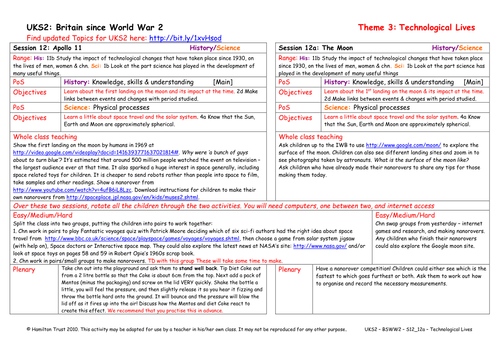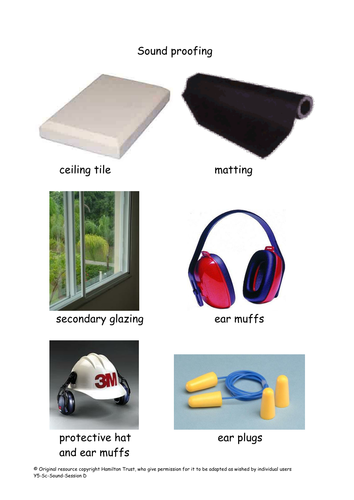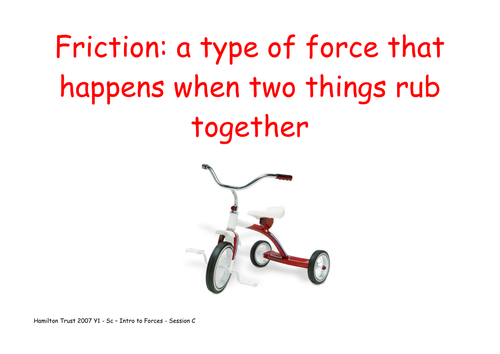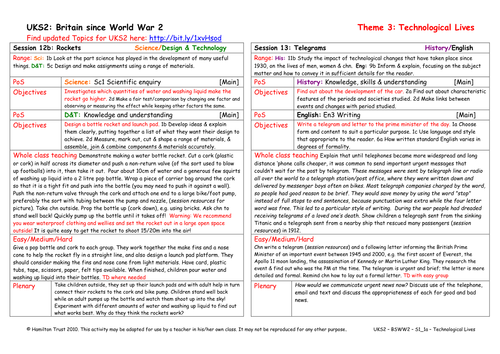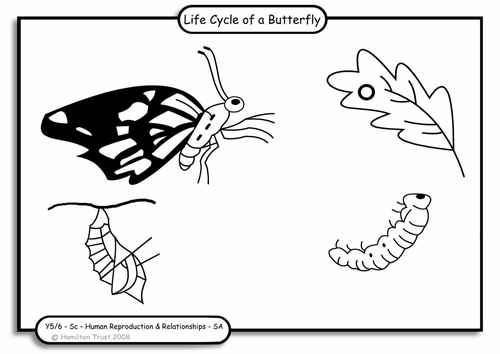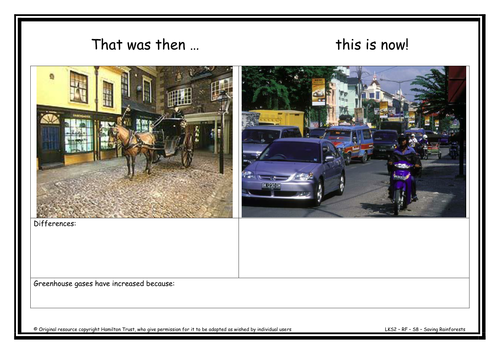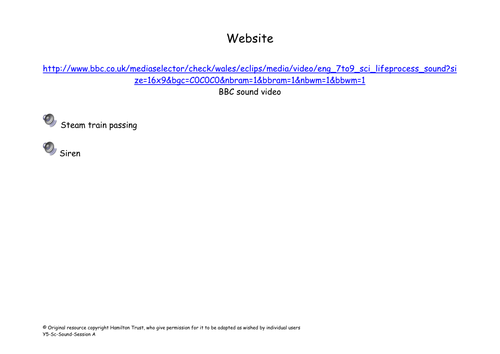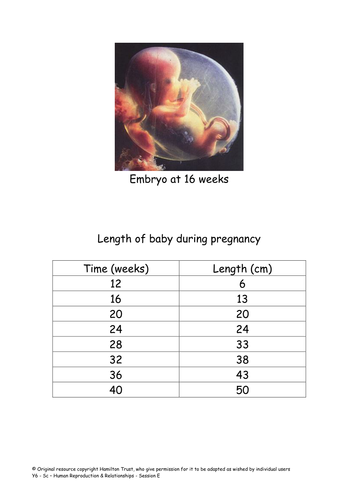
397Uploads
10041k+Views
11644k+Downloads
Elementary science

Soil investigation
Look at images, and discuss the effects and causes of flooding. Do a practical investigation about the permeability of 3 different types of soils including measuring. Review what children have learnt.
Suitable for Y3 pupils.

Revise forces
It’s forces ‘n’ fun in this session as the children get the opportunity to show what they already know. Through hands on activity they use slopes, magnets and elastic bands to revise previous learning. Forcemeters at the ready! Suitable for Y4 pupils.

Thermal insulators & conductors
The properties of materials relate to their use as everyday objects such as spoons. Children test the insulating properties of various stirrers & discuss everyday uses of materials for thermal insulation or conduction. Look at diff meanings of word conductor. Suitable for Y4 pupils.

Explore friction using toy cars
Work with a group to investigate friction and to see what happens to the distance a toy car travels when you change the surface at the bottom of a ramp. With support understand what makes a test fair and how to measure accurately.

Diseases and antibiotics
Look at diseases caused by micro-organisms. Invite a health professional into class for children to question. Discuss prevention and cure of illnesses caused by microbes including vaccination and antibiotics. Find out about the work of some famous scientists.
Suitable for Y6 pupils.

Pitch and Loudness
Demonstrate how to make high, low, soft and loud sounds with drums, string instruments and wind instruments. Children investigate changes of pitch and loudness of virtual instruments and create their own instruments to investigate in session F.
Suitable for Y5 pupils.

The Moon
Children explore the surface of the moon using a website, carry out the activity they didn’t do in session 12, then have a nanorover race.

Circuit repairs
Time to call out the experts! Children start the session with some drama before turning their attention to some circuits in need of attention!
Children repair broken circuits and identify repairs needed using circuit diagrams.
Suitable for Y6 pupils.

Investigate dissolving
It’s one lump or two… or even, maybe three or four in this session! Do all soluble materials dissolve in the same way? How much material can you dissolve in water? How can we increase how much material dissolves? Time to find out.
Suitable for Y6 pupils.

Planets
In this session children blast off to the far flung corners of the galaxy to find out more about the planets that make up our solar system. They collect data in the form of a fact file used to report back to the rest of the class.
Suitable for Year 5 pupils.

Puberty
Session 1 - Look at the physical changes that take place during puberty. Some are seen easily, e.g. growing taller and broader, hair around genitals and under arms, etc. Also discuss menstruation and wet dreams and rites of passage in different cultures on reaching puberty.
Session 2 - Look at the emotional changes in puberty. Use drama to act out typical scenarios involving parents and teenagers; look at the different viewpoints and discuss how compromise can ease situations. Look at the meaning of friendships and where help can be found.
Suitable for Y6 pupils.

Apollo 11
Children watch the first manned landing on the moon, then build a nanorover or play online games about space travel.

Investigate soundproofing
Discuss why sometimes it is important to prevent sounds travelling. Plan and carry out an investigation to find out which materials would be best to muffle sounds. A datalogger could be used with this investigation.
Suitable for Y5 pupils.

Friction
Introduce simple definition of ‘friction’. Look carefully at a bicycle or tricycle to identify the forces in action. Discuss forces in other vehicles. A range of activities about forces mainly to do with vehicles. Suitable for Year 1 pupils.

Rockets
Demonstrate a water rocket to children, they then make their own, adding fins, nose cone and design a launch pad.

Explore forces using toy cars
Understand that forces are pushes and pulls and make things speed up and slow down. Understand what makes a test fair and how to measure accurately. As a class and using toy vehicles investigate what happens if you change the height of a ramp.

Life cycles
Session 1 - Set up ground rules for this Strand. Revise knowledge of life cycles of butterflies and frogs which both involve metamorphosis and flowering plants. Discuss reasons for reproduction and consider animals facing extinction. Start reading Flour Babies.
Session 2 - Using the riddle of the Sphinx as a starting point, look in detail at the human life cycle and compare the stages with those of other animals. Look at the range of different gestation periods and life spans; draw graphs and look for patterns. Begin research.
Suitable for Y6 pupils.

Global Warming and Its Causes
What is global warning? Children find out what global warming is and how humans have caused and are contributing to the problem. Children compare life now to life 100 years ago and highlight the changes which have increased CO2 levels.

Introduction to sound
Find out what children already know about sound. Listen carefully to sounds in the environment. Children try a circus of activities to describe sounds, suggest how musical instruments make sounds, why animals prick up their ears and why some have very large ears.
Suitable for Y5 pupils.

Pregnancy
Session 1 - Changes at puberty prepare our bodies to have children of our own. Look in more detail at human fertilisation and pregnancy and learn how important it is for mother-to-be to look after her health. Look at baby growth in utero and explain function of umbilical cord.
Session 2 - Watch a video of a birth and discuss other forms of delivery such as Caesarean or forceps deliveries. Discuss how the parents’ lives will now change and relate this to children’s Flour Babies experience. Research birth rites of passage in different cultures.
Suitable for Y6 pupils.

